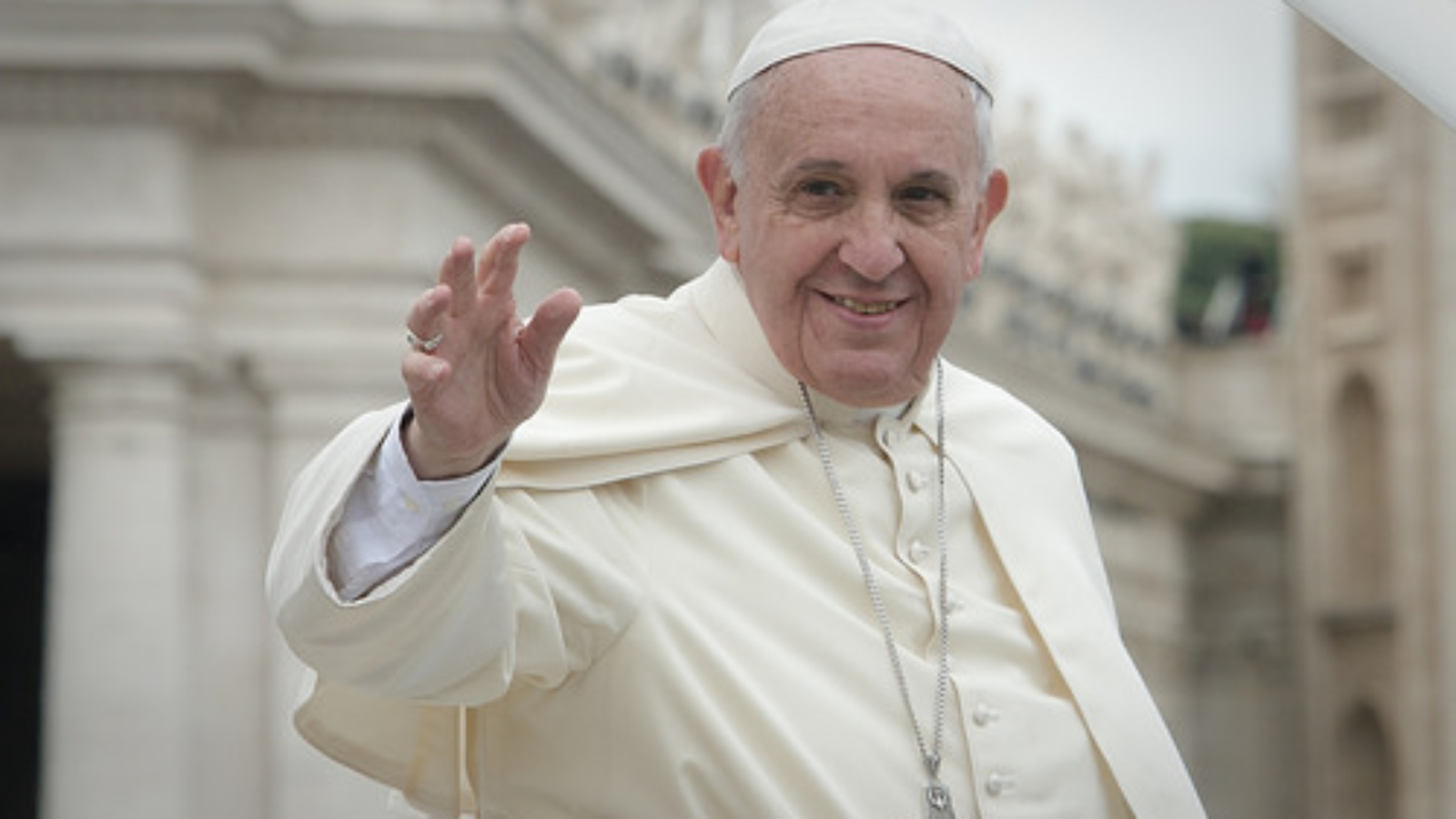By Eunsun Cho
On July 8th, at an Our Voices press conference in Rome, civil society leaders applauded the Vatican’s recent effort to encourage open debate about climate change. On June 18th, Pope Francis issued the encyclical “Laudato Si, Care for our Common Home,” which called for a global, cross-sectoral dialogue on the current environmental challenge. Pointing out that climate change is closely linked to many ills in human society, such as poverty and decline in the quality of life, the encyclical urged for political practices that look beyond “immediate results” and “short-term growth.” The encyclical also stressed individuals’ responsibility to refresh their minds from “misguided anthropocentrism [that] leads to a misguided lifestyle.”
Many major faith traditions are increasingly focusing on the issue of climate change. As an interfaith global movement for climate action, Our Voices recently organized Multi-Faith Emerging Leaders Convergence and an interfaith climate change march, which involved a diverse representation of major faith traditions and civic movements around the world. Father Fletcher, Coordinator of Our Voices and Executive Director of GreenFaith, a U.S.-based think tank for religion and ecology, expressed, “Fighting climate change is fighting poverty and injustice. All of us share the encyclical´s impatience at the lack of progress in the UN climate negotiations. Decisive action is needed now, we urge world leaders not to miss the opportunity at the next negotiations in Paris in December.”
Wael Hmaidan, Director of the 900-NGO Climate Action Network International, also stressed the importance of political commitment following the encyclical. According to the press release, the document makes clear that in order to address climate change, the world must replace "fossil fuels with sustainable solutions, especially renewable energies. Will the international political community be brave enough to commit to this vision?”
Although the document envisions decisive political actions, the encyclical’s message resonated with a much broader audience than political decision-makers. Speaking for the Italian Climate Network (ICN), Dr. Federico Brocchieri, Coordinator of the ICN’s youth section, said that the encyclical would have “a very important role in increasing awareness worldwide, particularly in Italy.”
Recently, youth organizations across the globe have been calling for the Paris Climate Change Conference of 2015 to address the concept of intergenerational equity, or equal sharing of the richness of nature between past and future generations. Josianne Gauthier, Director of the In-Canada Programs at Development and Peace in Canada, also said, “Our member organizations will be promoting it in their countries, and running a massive campaign, 'Create a climate of change.'”
Isaiah Toroitich, Global Policy and Advocacy Co-ordinator of ACT Alliance (a coalition of 147 non-Catholic Christian NGOs active in over 140 nations) also greeted the Pope’s attention on the environmental crisis. “We feel it [the encyclical] gives us an additional moral and ethical imperative that supports our calls for equity and climate justice…The Holy Father called out powerful governments and businesses that seem to have been concealing the problem to show an honest and genuine commitment to address the issues.“
Yet as intrinsically powerful as calls to action from noteworthy global leaders are, change ultimately comes from the efforts of individuals who answer their calling. CIDSE, a network of 17 Catholic development NGOs, calls on everyone’s participation in reversing the tide of climate change: “If the public demands something of government which is coherent with its personal choices, then surely politicians cannot ignore popular will. We are hopeful that change is possible, and happening: we have to hold on to the idea of humans being capable of doing good.”
*****
*****
Eunsun Cho is an editorial assistant at World Policy Journal.
[Photo courtesy of Aleteia Image Department]